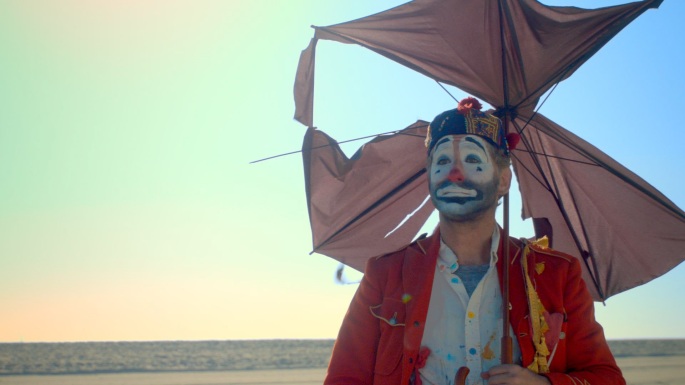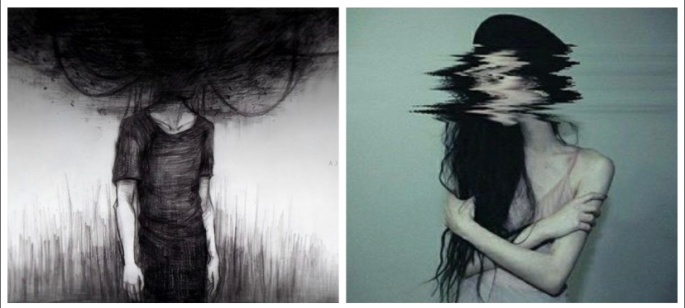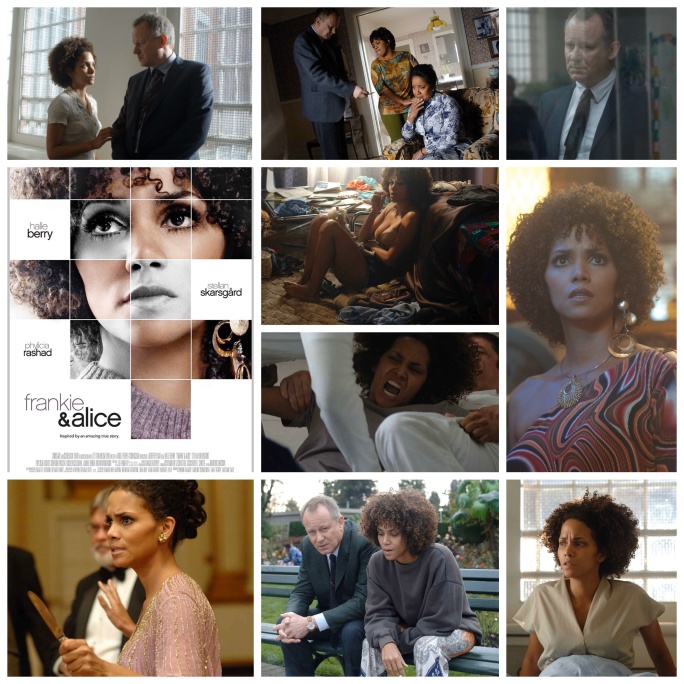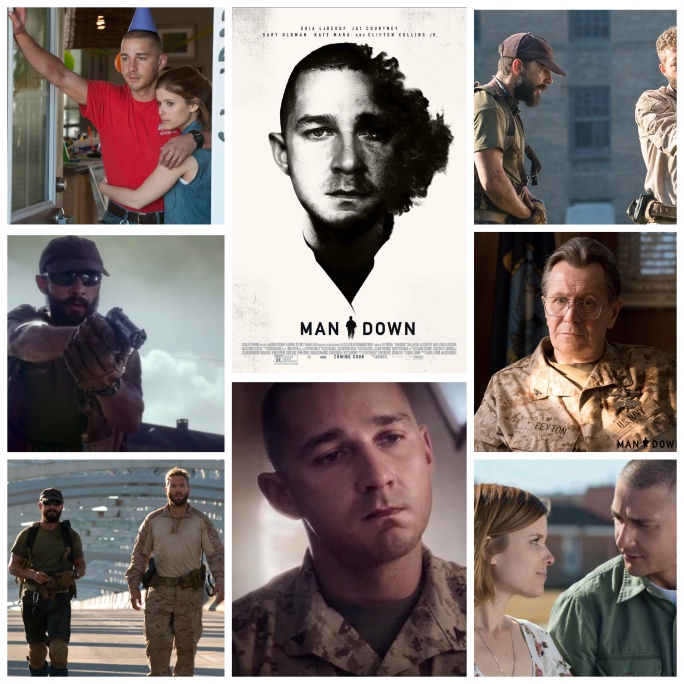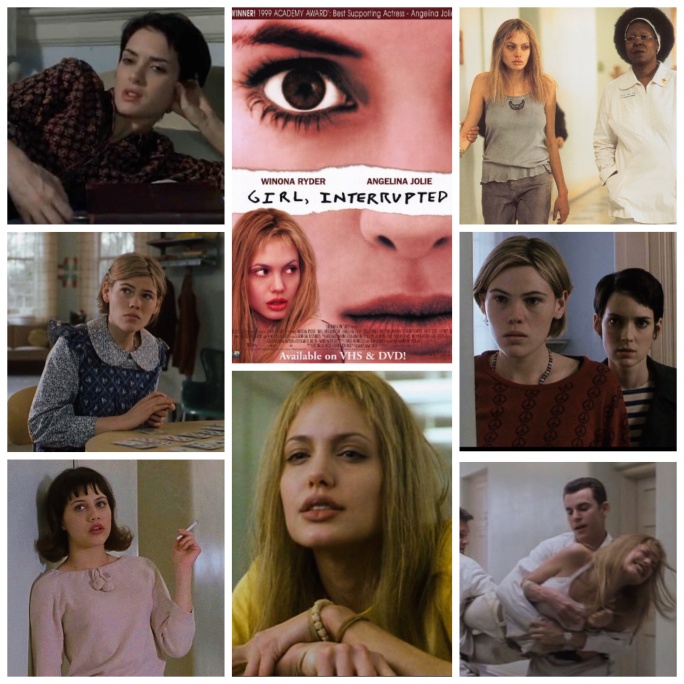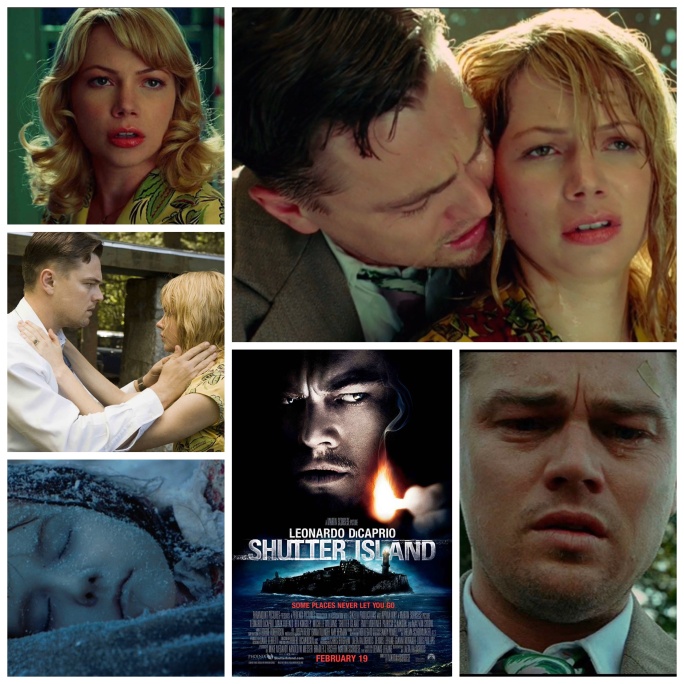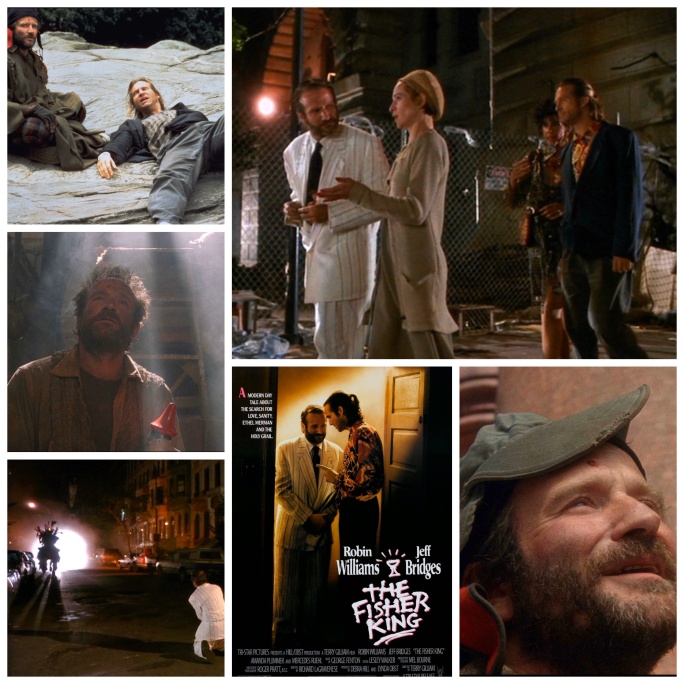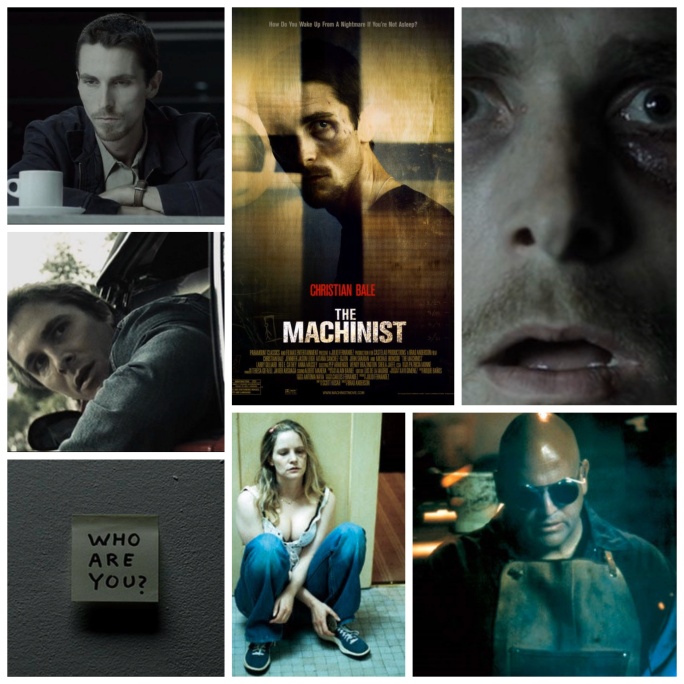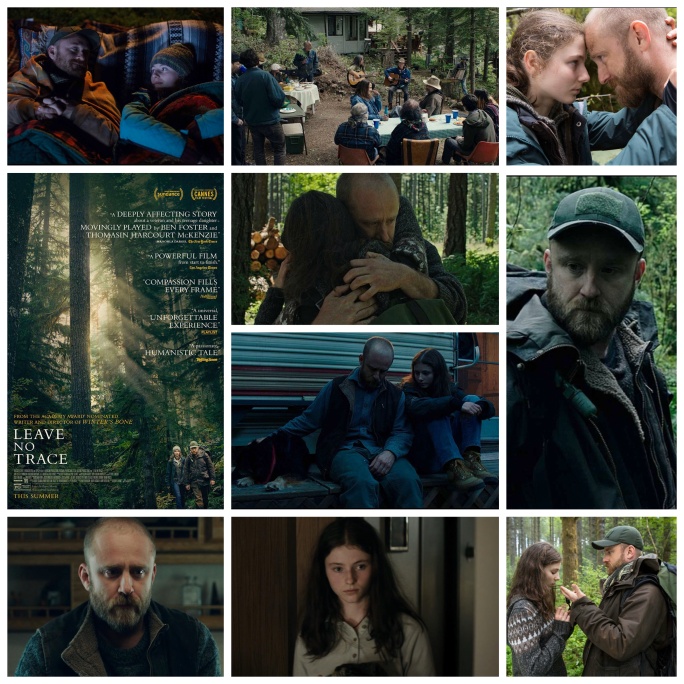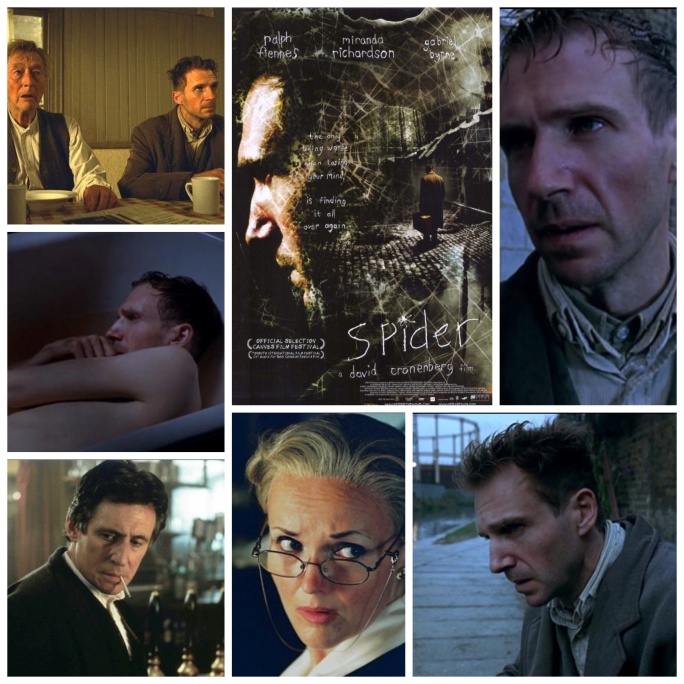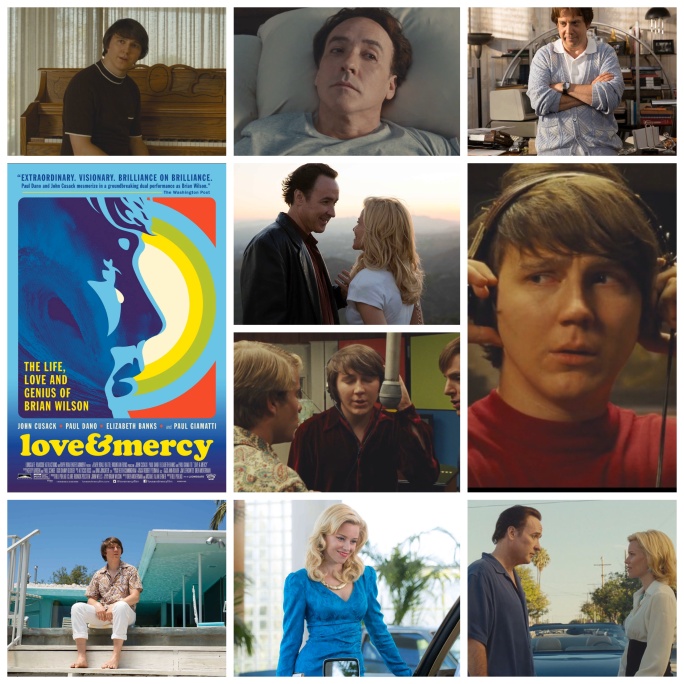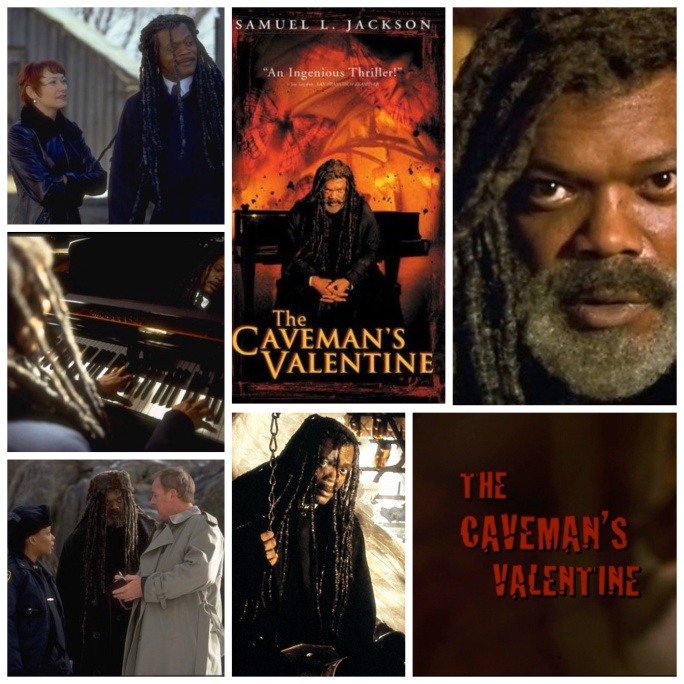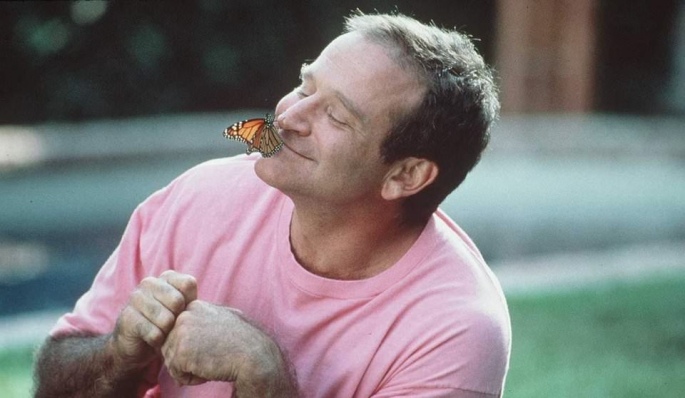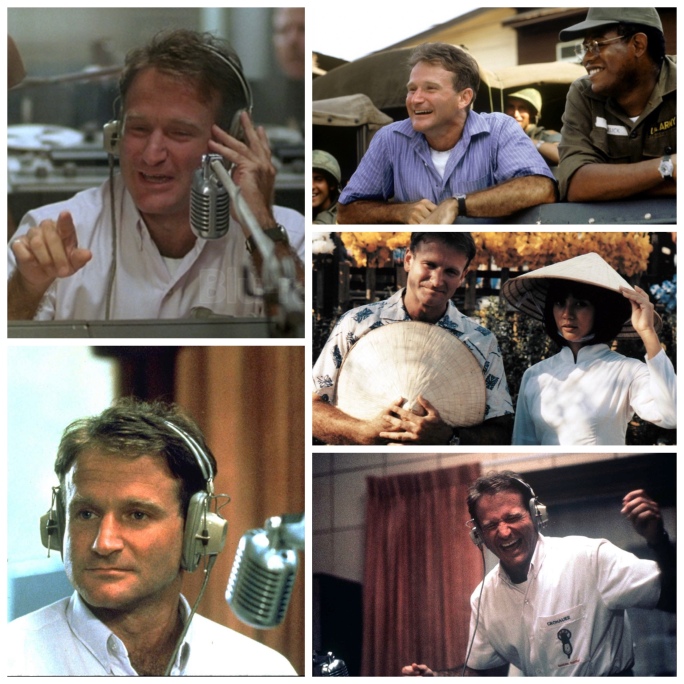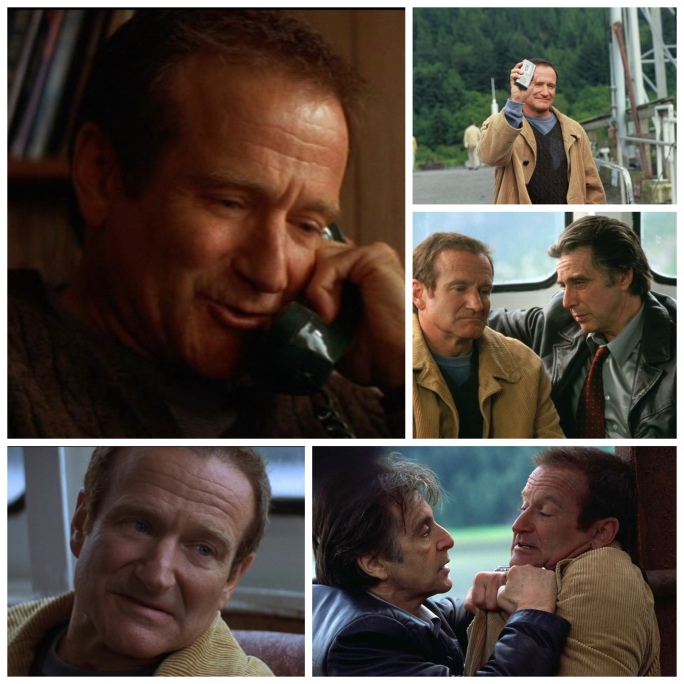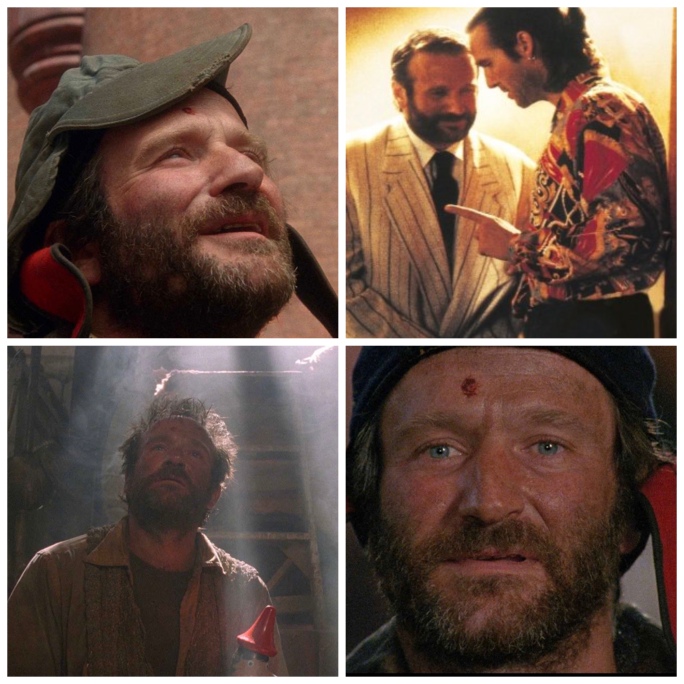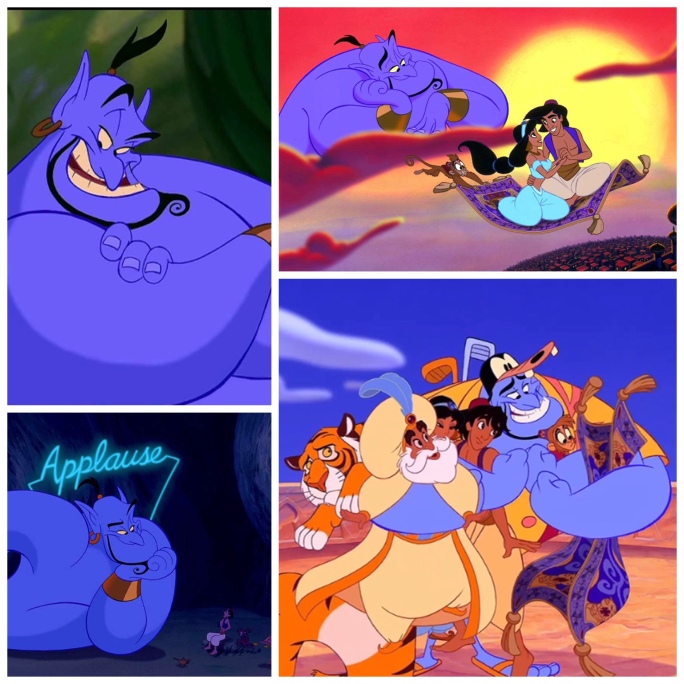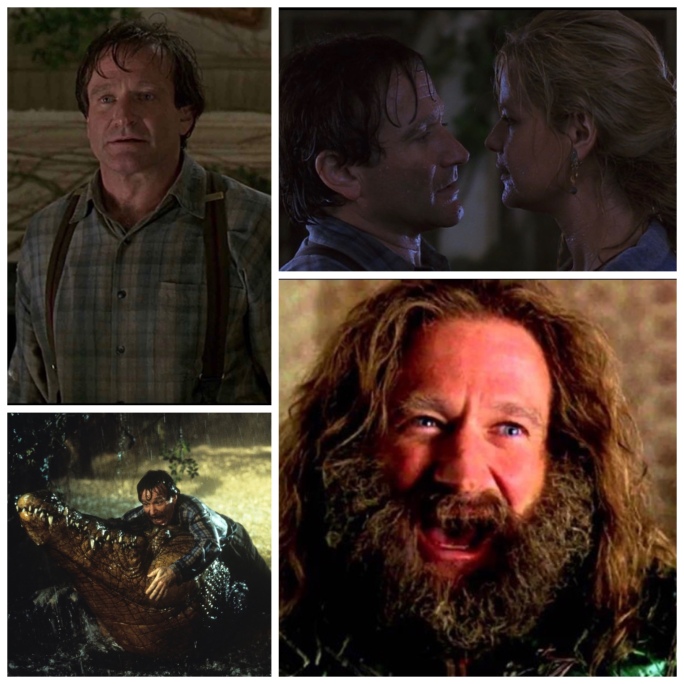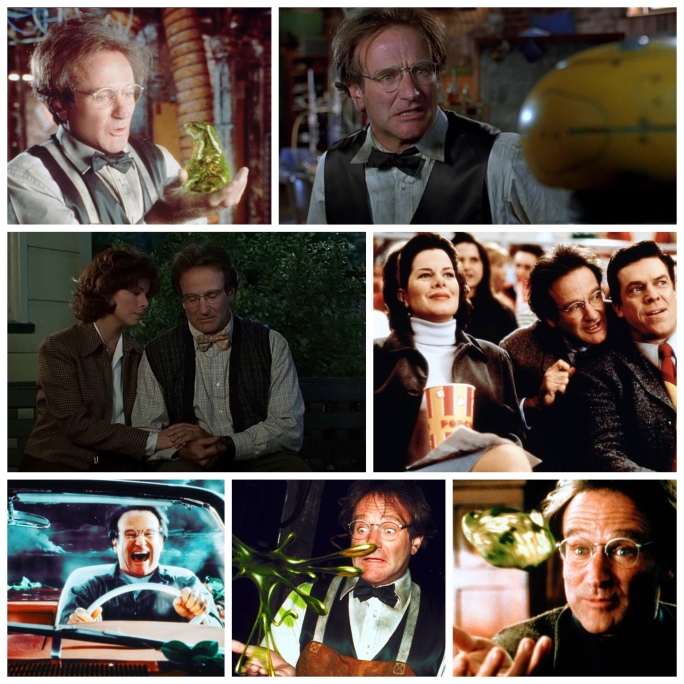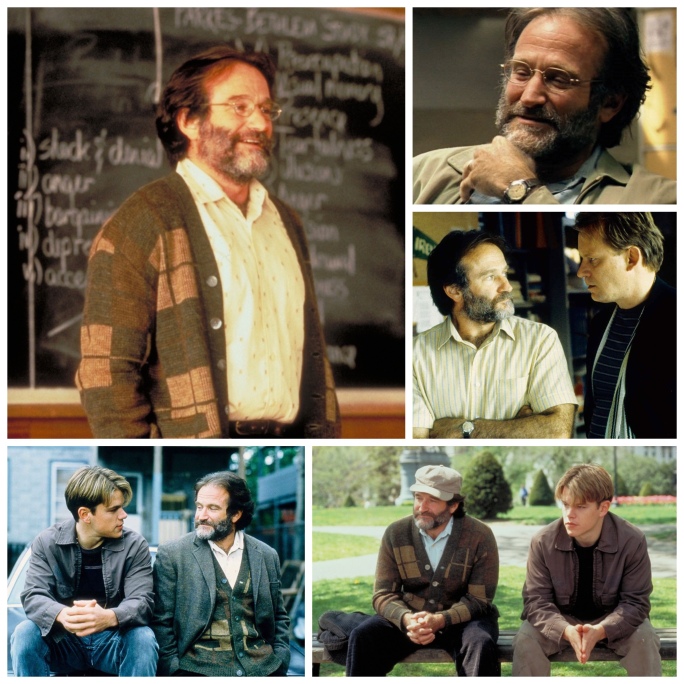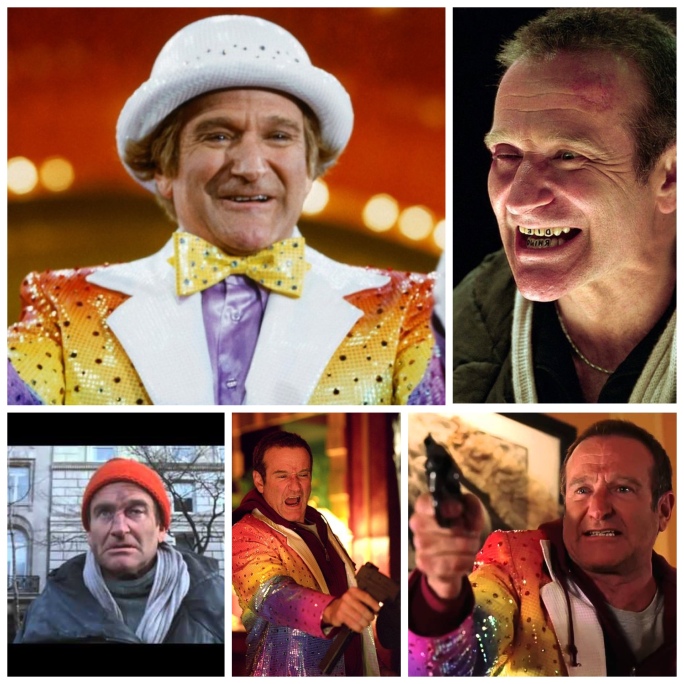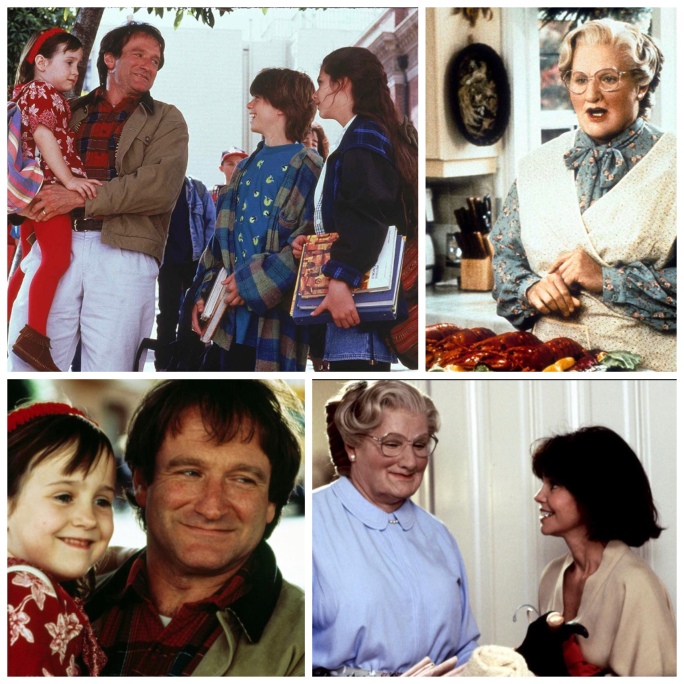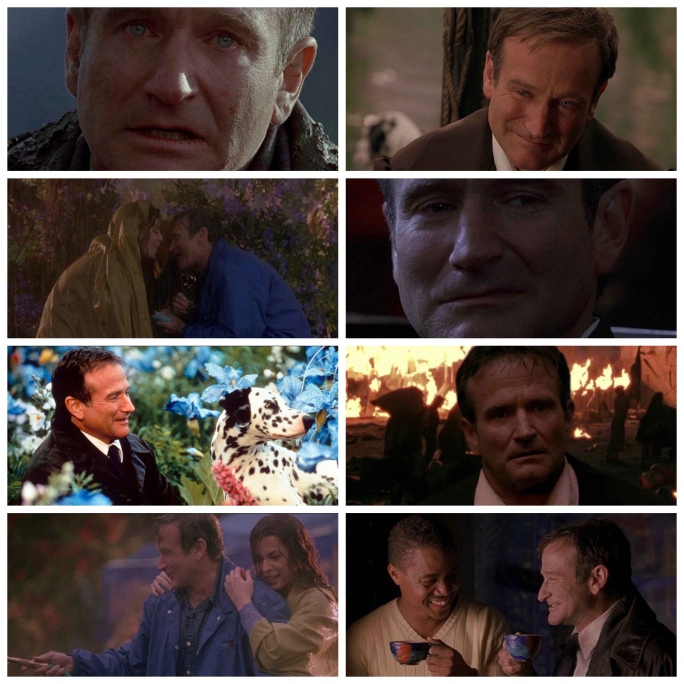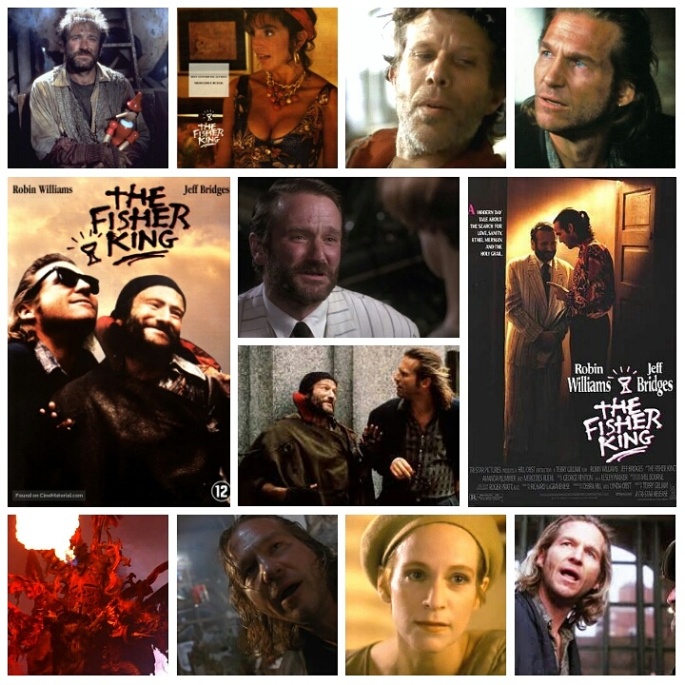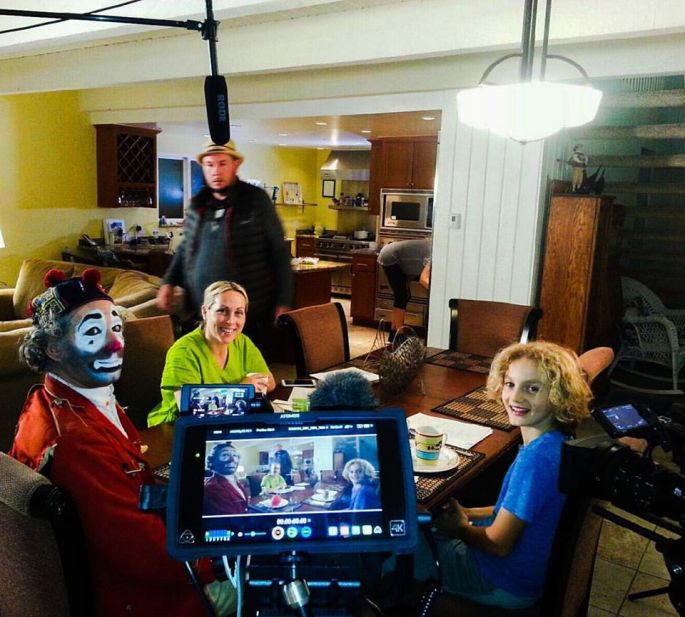
It is that time of the year when we look to feel magical. The Christmas spirit lifts us up out of the murk that we have been grinding through all year long and . . . in the midst of a silent night; we find a moment of peace. Refreshing it is then, to have stumbled across a film so innocent. Whose message is born out of childlike innocence and hope – that the world which we inhabit has not killed all of the wonder, the mystery and the joy?
Into this scene comes a peculiar yet dynamic messenger. A herald from the heart of the child in us all that delivers a message so hauntingly simple, we would be fools not to take heed. This visitor is a Clown – whether he is real, or merely a delightful apparition I leave to your perception – with a notion we often abandon in times of peril. The Clown speaks to us, in the tongues of men and angels. And he tells us to just, “Believe.”
This is a fascinatingly splendid, energetically wholesome and heart-warming sweet surrender entitled:THE BOY, THE DOG, AND THE CLOWN.
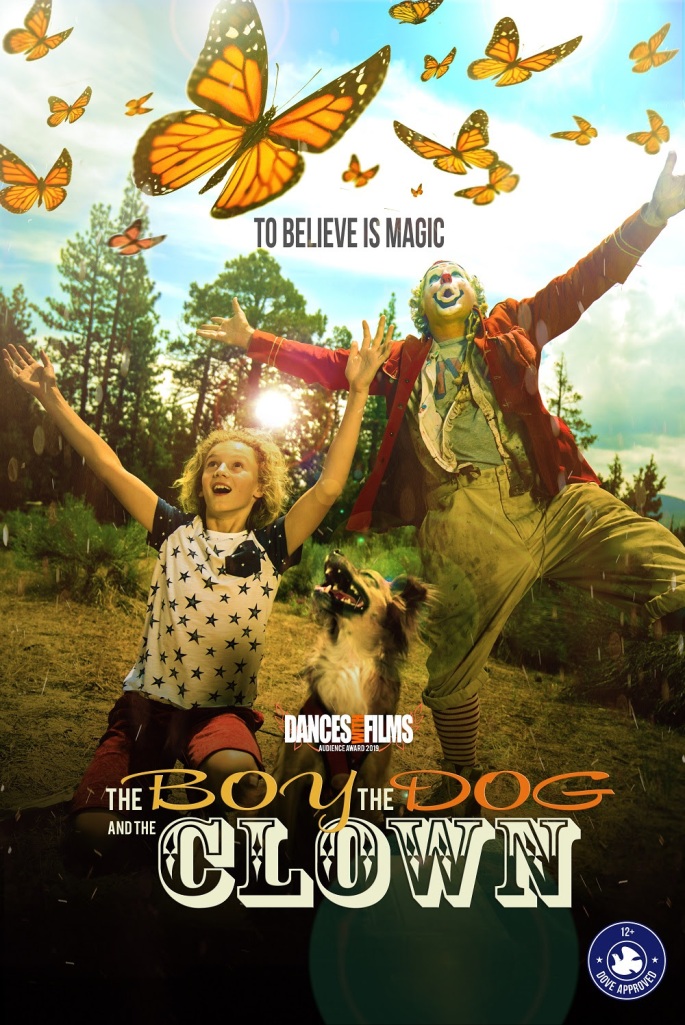
The core of this film is the creative duo of father Nick Lyon (director) and son Adrien Lyon (The Boy). Nick’s cousin, Gabe Dell Jr., who trained as a performer with Cirque du Soleil, plays the role of The Clown. And the family canine, Foxy Lyon, plays the demanding role of The Dog. The film has its origins as a project for Adrien’s fifth-grade student film festival. Originally entitled The Sad Clown, they all realized the short film had some sort of mystical allure, and Nick decided to expand the story by writing a feature-length screenplay to incorporate the footage already “in the can.” Nick soon recognized that the latter part of the script was going to be complicated to shoot and expensive (it took place at a clown competition in Las Vegas). He also realized that by filming only on weekends, Adrien was destined to outgrow his role if they didn’t pick up the pace. Nick knew that a retool was in order and sent the script to veteran screenwriter and friend, Ron Peer, who saw this as the opportunity to create something different, something special, an indie family film featuring … a clown!
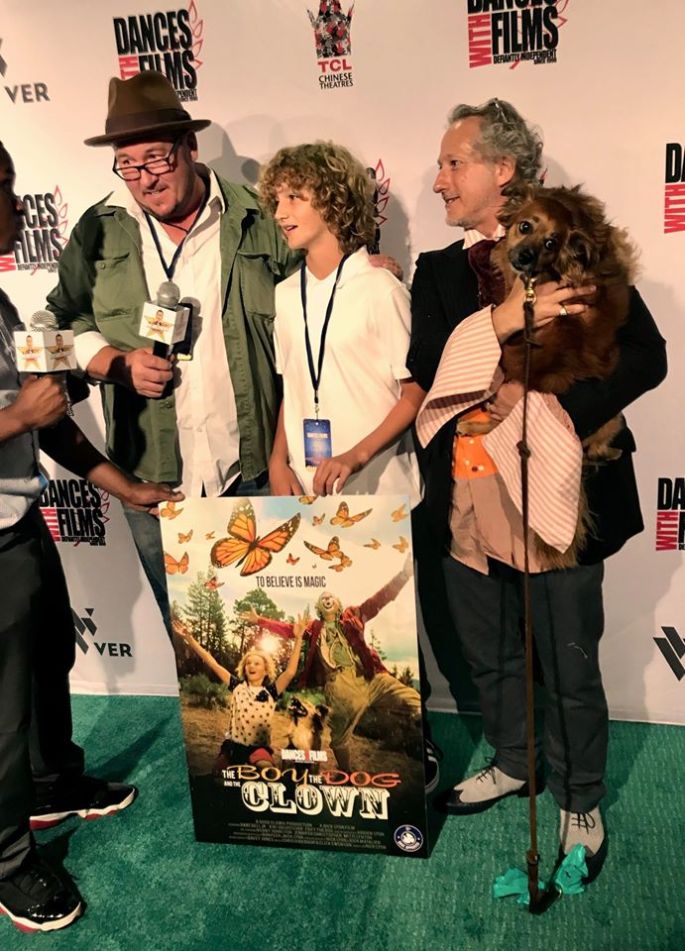
“I had never quite read anything like it,” says Peer. “There was just something charming about it. Watching the footage already shot, I was immediately entranced by Gabe Dell’s emotional performance as The Clown. I couldn’t take my eyes off him.” Nick and Ron’s new goal was to rewrite the screenplay so that it could be shot in two weeks during the upcoming summer. Ron and his wife Mitzi Lynton also acted as producers and crew of the film. The final two-thirds of the movie was shot in Big Bear, California, with a micro crew, including Nick’s eldest son, Parker Lyon, and close-friend and cameraman Rick Mayelian.
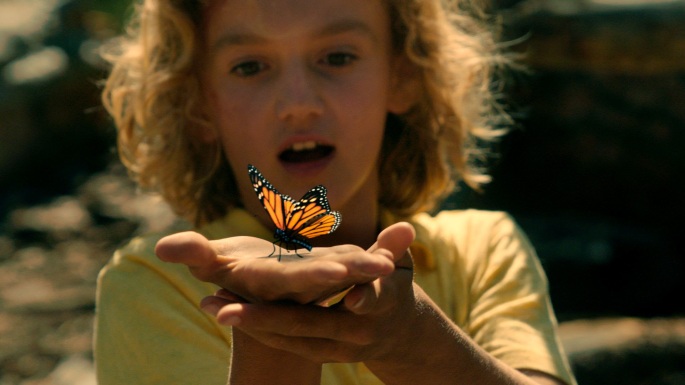
In a world where evil clowns dominate the theatrical landscape, Nick and Ron were deliberately cutting across the grain by creating a family film that focused on the “good clown,” harkening back to Shakespeare’s classic “Fool” and the performers of commedia del’arte. “Dell’s clown character stems more from the European tradition rather than the red-haired Bozo character seen at American circuses and children’s parties,” says Peer. “It’s a shame that the evil clown stereotype has become so prevalent that a word for fear of clowns has emerged in our lexicon: coulrophobia.”
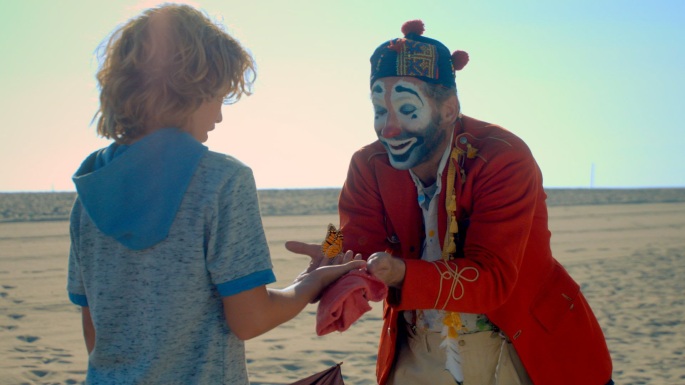
“I hope that audiences really respond to our little movie,” Nick adds. “I would love to direct a sequel. But at the speedy rate that Adrien seems to be growing, I may be shooting with his son.” THE BOY, THE DOG, AND THE CLOWN is reminiscent of the charming European films of the 1960’s, and has been compared to the French classic The Red Balloon.
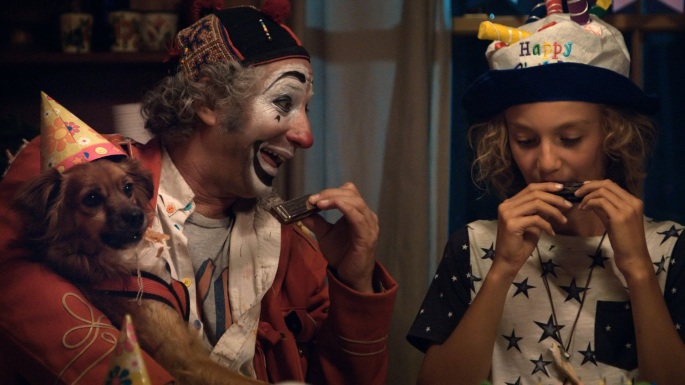
The film premiered at Dances with Films festival in June of 2019 and won the Audience Award. THE BOY, THE DOG, AND THE CLOWN has also received family certification from the Dove Foundation. Gabe Dell Jr. gives a performance I couldn’t believe. The man is a magician with a screen presence that was so engaging. The film that revolves around him brings to mind some of the luminously enchanting films I came across during my childhood like Vojtech Jasny’s The Great Land of Small.
This movie is pure joy . . . a perfect holiday gift . . . find it now . . .
Believe…
